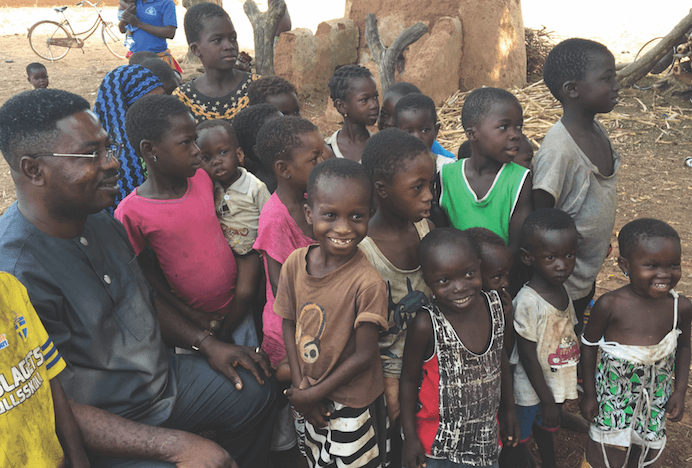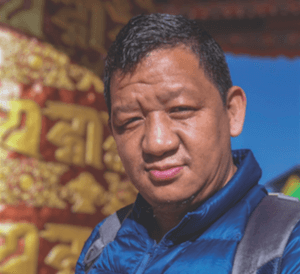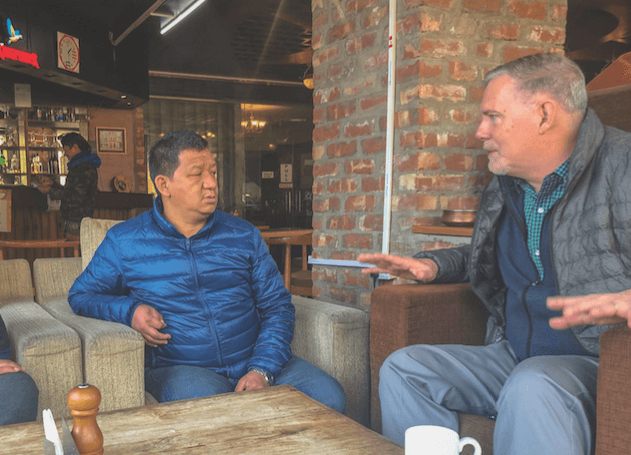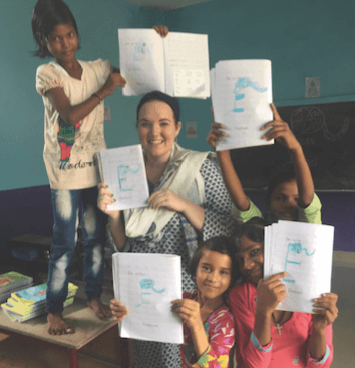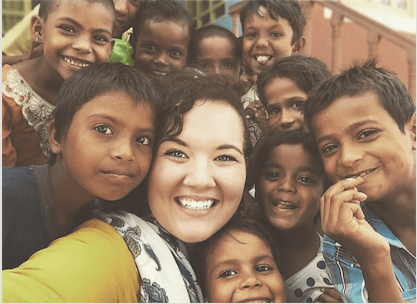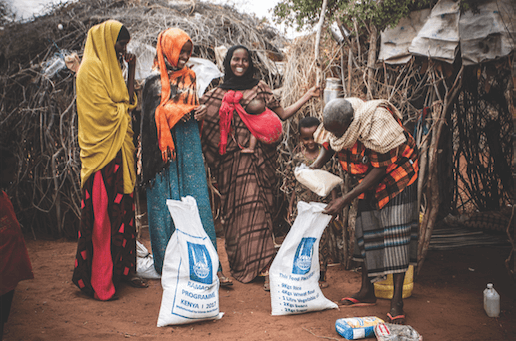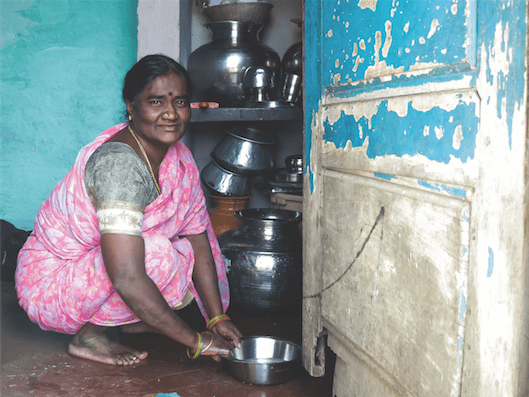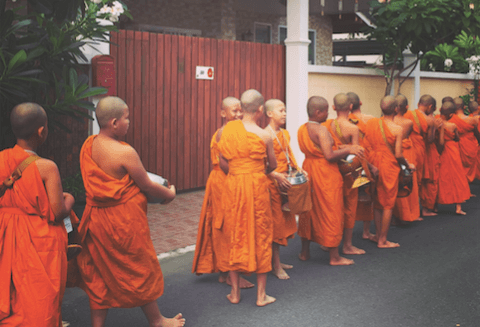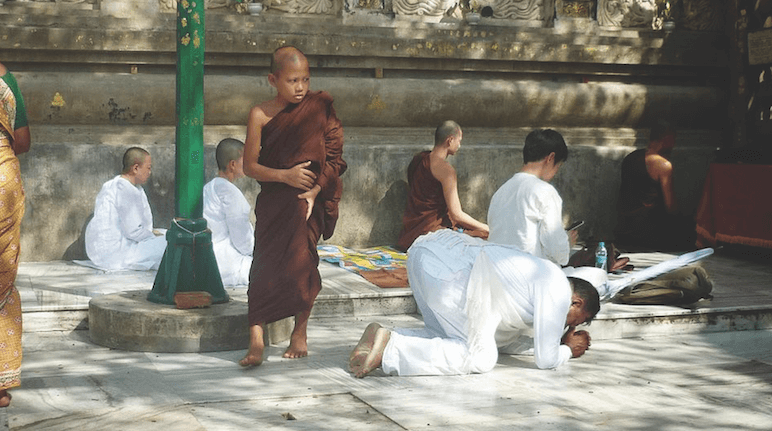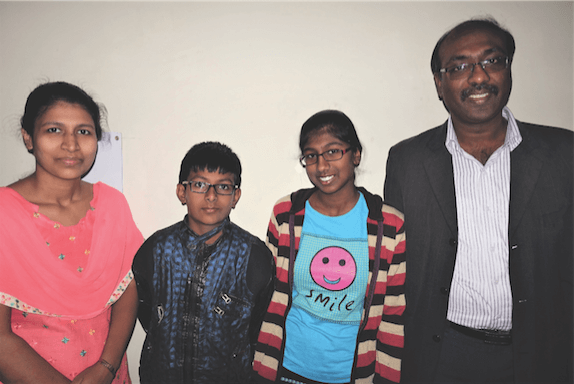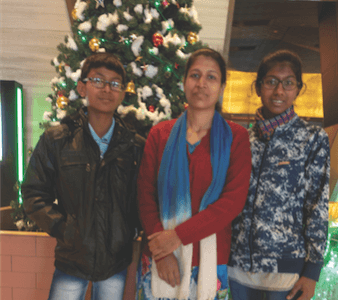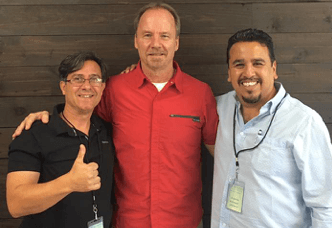Four Phases of Fruitfulness in the Desert
By: Dan Germo, Bethany Gateways International Director
As Jason and I walked to the center of the farm, I could feel the temperature drop several degrees due to the lushness of the vegetation around. Located in the desert of northern Kenya, this land was not always like this. In fact, when we selected it for the farm site, it was barren, dry, and sandy like the land that still surrounds it. Now, the daily harvest of fruits and vegetables is nothing short of astounding in comparison.
In my current role as International Director, I have had the pleasure of visiting all of our Bethany Gateways ministry locations multiple times. Over the years, I have witnessed spiritual wastelands worldwide transformed before my very eyes! I want to share four sites that exemplify each phase of fruitfulness that can be found on the mission field.
1. FOUNDATIONS: LAYING THE GROUNDWORK OF TRUST WITH PEOPLE
I think of Corey and our team in Southeast Asia. he and his young family have been full-time on the field for about six years. Corey has stepped up into leadership, developing a healthy team, which has a strong focus on engaging unreached tribes. At the same time, he is working alongside our national partners, mentoring Bethany Global Interns, and exploring further opportunities to send more workers to tribes currently untouched by the Gospel.
2. FAVOR: RELATIONSHIPS BEGIN TAKING ROOT
Jason with his wife, Bekah, and their four beautiful daughters come to mind. They are growing in experience, favor, and influence. It is truly remarkable. During my recent visit to Kenya, I watched Jason (Bethany Gateways’ current Field Leader) interact with Muslims working on the farm, Kenyan partners who are reaching local Muslim people, missionaries from Asia who have joined Jason’s team, Bethany Global University Interns, and other missionaries.
Just as I recall the farm when it was just arid land, I have very clear memories of Jason and Bekah when they came to Kenya on a three-week short-term trip as Bethany freshmen. They were, unlike the farm at the beginning, green as green gets. They eventually returned to serve their Bethany internship under us in Kenya. they grew and matured in that time, coming back to serve full-time while I was the Field Leader in Kenya. They have served 10 years in this difficult desert region.
3. FRUITFULNESS: TREMENDOUS SPIRITUAL ADVANCE AND DISCIPLES MULTIPLYING
Likewise, I think of Sam who has been serving in Africa with his wife, Jonhlld, and family for 24 years. After years of hard work, they are in the midst of their most fruitful years ever. They are now seeing African church planters going, not just to the Muslims of their country, but to the surrounding countries in the region. They are eager to receive a new team of American Global Interns to mentor and train. They also continue to pray that many will return as church planters alongside their African counterparts.
4. FATHERHOOD: MENTORING THE NEXT GENERATION
Lastly, I want to highlight Grayling and Sandra. With nearly 40 years of ministry experience in France, they are fully engaged in mission at a point when many people back “home” are well into retirement.
This season is one of mentoring the next generation in the midst of an exceedingly unreached Mediterranean city, including both post-Christian French and pre-Christian Muslims. Their efforts are focused on mentoring the few young pastors in the city, while also mentoring Bethany interns. Their hope is to see the growth of students into long-term workers in France and the surrounding region.
Each stage of growth can look a little different from person to person and country to country. What all four teams share is that they have been doing the hard day-to-day work of “tilling the soil” for a number of years. Together, these teams represent 80 years of faithful ministry. They are a testament to the truth that, if we are faithful to plant the seed of the Gospel, God will do His part to make things grow.
This article is from the Spring 2019 Issue of CoMission Magazine.


